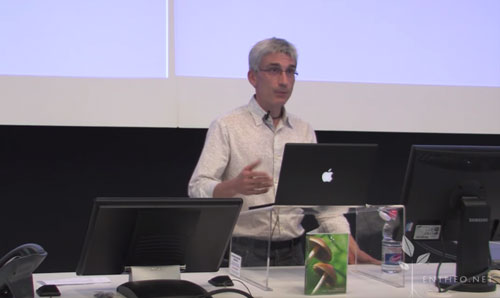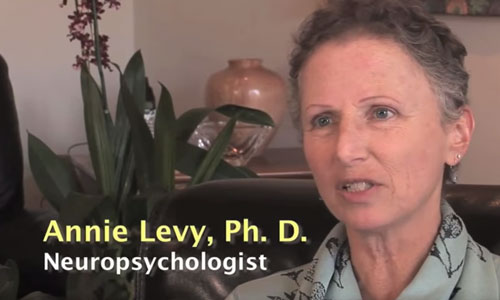SPIRITUALITY
In addition to researching psilocybin’s potential for reducing psychological distress, Heffter is also sponsoring studies with healthy volunteers with the aim to better understand how psilocybin may offer improvements in overall wellbeing and contribute to one’s spiritual practices. Previous studies have shown a strong correlation between the qualities of experience with psilocybin and mystical states, and improvements in quality of life after psilocybin (see study sites, below). Research at Johns Hopkins in long-term meditators utilized both experiential reports and neuroimaging to further explore the similarities and differences of psilocybin with meditation.
Researchers Heffter has supported at Johns Hopkins and NYU also collaborated with the Council on Spiritual Practices to explore the effects of psilocybin with religious professionals to understand how a mystical-type experience may benefit their work as clergy.
CURRENT RESEARCH
Psilocybin and Meditation

Religious Professionals
Funded by the Council on Spiritual Practices*, this study involved practicing religious leaders for an investigation into the effects of psilocybin and the mystical experience. The hypothesis is that religious professionals, given their interests, training, and life experience, would be able to make nuanced discriminations of their psilocybin experiences, thus contributing to the scientific understanding of mystical-type experience and its effect on personal wellbeing, spirituality, and prosocial behavior. *Note: Heffter Research Institute did not provide funding for the Religious Leaders Study.


Psilocybin and Spiritual Practice

PARTICIPANT’S VIDEOS
PATIENT INTERVIEW VIDEOS
The following videos are interviews of volunteers from both the Harbor-UCLA Psilocybin &
Cancer study as well as the Johns Hopkins Psilocybin & Cancer study
TEDxMidAtlantic – Roland Griffiths – 11/5/09
Roland Griffiths, Ph.D., is Professor in the Departments of Psychiatry and Neurosciences at the Johns Hopkins University School of Medicine. His principal research focus in both clinical and preclinical laboratories has been on the behavioral and subjective effects of mood-altering drugs.




